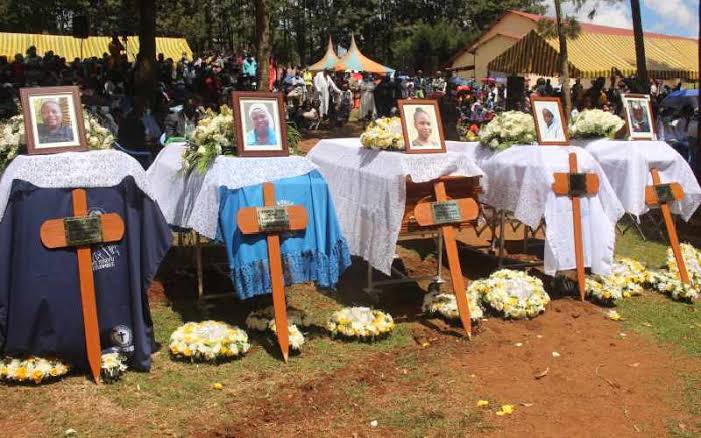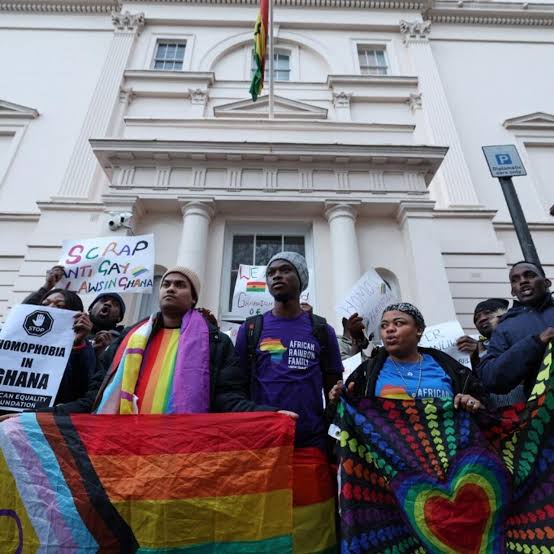The outbreak of the deadly Marburg virus in Rwanda has forced authorities to restrict funeral sizes for victims in an effort to curb the spread of the highly contagious disease.
In new guidelines to halt the spread of Marburg, the Rwandan Health Ministry said no more than 50 people should attend the funeral of a person who died from the disease.
So far, eight people have died during Rwanda’s first outbreak of the virus, which was confirmed on Friday by the nation’s Health Ministry.
On Saturday when the official death toll was put at six, Rwanda’s Health Minister said most of the victims were healthcare workers in a hospital intensive care unit.
Director of the Boston University Center on Emerging Infectious Diseases, Dr Nahid Bhadelia, who spoke with BBC’s Newsday programme, said curbing the virus’s spread may be challenging as most reported cases have been in the densely populated capital city, Kigali, while previous outbreaks have often been in remote rural areas where they are are easier to contain.
She added that there is hope as Rwanda has “a lot better infrastructure and history of public health coordination that many other countries”.
The country’s Health Minister said on Sunday that officials were tracking about 300 people who had come into contact with individuals affected by the Marburg virus.
To this end, the authorities have urged the public to practice good hygiene, such as frequent hand washing as this is the first time Marburg has been confirmed in Rwanda.
Marburg virus which has a fatality rate of up to 88%, is from the same virus family as Ebola and spreads to humans from fruit bats and then through contact with bodily fluids of infected individuals.
Marburg virus can bring on symptoms such as diarrhoea, vomiting and, in some cases, can cause death through extreme blood loss.

 Politics1 day ago
Politics1 day ago
 VenturesNow2 days ago
VenturesNow2 days ago
 VenturesNow2 days ago
VenturesNow2 days ago
 Politics2 days ago
Politics2 days ago






























